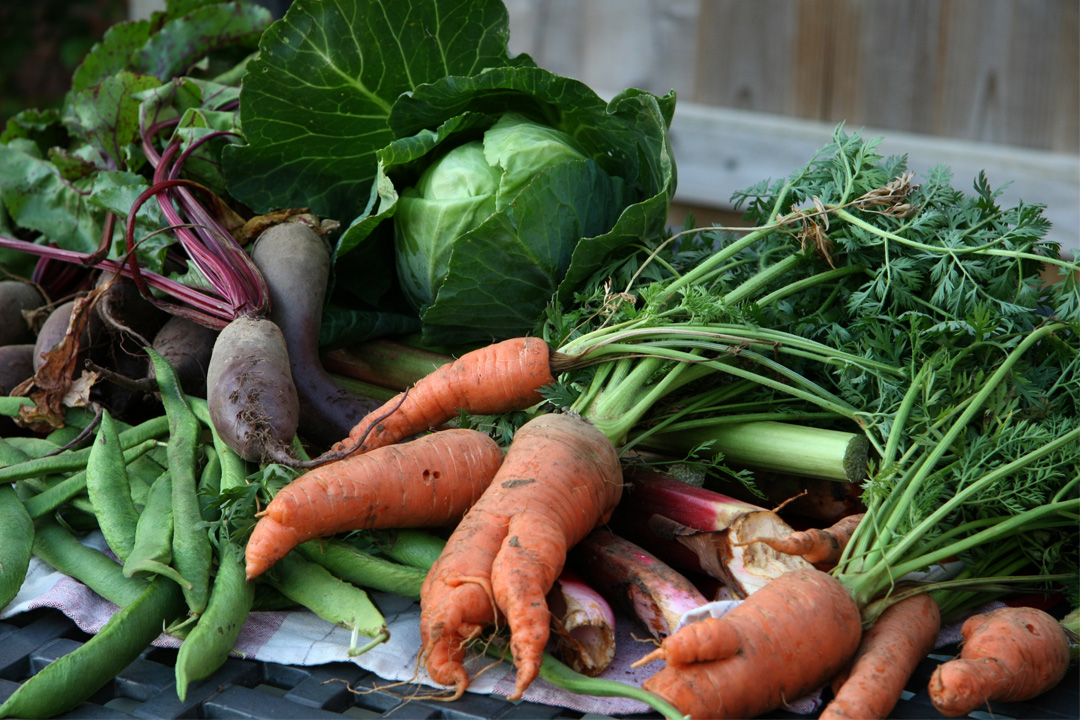
Reducing Food Waste in Foodservice
October 16, 2018 by Doreen Garelick, Dietetic Intern
Our intern Doreen attended a food waste summit for restaurants and compiled these tips to help food service operators redirect…
January 17, 2017

Just over a year ago, we discussed the ins and outs of the organic market. In doing so, we addressed one of the biggest issues with organic - the fact that there is too much demand and not enough supply. From that blog:
"Currently, one of the biggest challenges to the organic industry is demand – that is, too much of it. There simply is not enough organically grown food to meet the consumer demand. And while more farmers contemplate making the switch to organic, actually biting the bullet is not so easy. Converting a farm to become organic is a long and costly process. First, the farm must institute the necessary changes to comply with organic standards and must uphold those changes for three years. Only then can it be considered for organic certification. Not only that, but during those three years, the farmer cannot benefit from the surcharge on organic food because it is not yet organic, technically speaking. To top it all off, the actual application process for the certification can cost up to $4,000. Though in the long term converting to organic might be more profitable, a lot of farmers out there cannot withstand the economic blow that the short term holds."
However, it seems as though the industry has finally made some changes to make it easier for farmers to make the switch to organic. In particular, last week, the USDA initiated a program that would certify that farmers are in the process of transitioning to organic. In theory, this certification would allow those farmers to sell their produce at a higher price than if they were using conventional farming practices, but still less than if they had finished their three year transition period and had become USDA organic certified.
There are still a few details that need to be fleshed out, particularly how those products will be labeled for consumer retail, but the program does sound promising. Hopefully it will it encourage farmers to make the switch to organic, thus providing more supply in the marketplace, eventually driving down prices of organic food. In the meantime, it could also provide more options for consumers who cannot afford fully organic produce, yet are willing to shell out slightly more for produce that is coming from a transitioning farm. On the whole it seems like a real win-win!

October 16, 2018 by Doreen Garelick, Dietetic Intern
Our intern Doreen attended a food waste summit for restaurants and compiled these tips to help food service operators redirect food waste from landfills.
Nutrition 101

Nutrition 101
September 26, 2018 by Doreen Garelick, Dietetic Intern
Ever notice headlines about rapid weightloss? Dietetic Intern Doreen Garelick looks deeper into a recent eye-catching headline to see if there's any truth behind it.
Connect
 Follow us on Twitter
Follow us on Twitter Friend us on Facebook
Friend us on Facebook Follow us on Pinterest
Follow us on Pinterest Follow us on Instagram
Follow us on Instagram Read our Blog
Read our Blog Watch videos on YouTube
Watch videos on YouTube Watch videos on Vimeo
Watch videos on Vimeo Connect with us on Linkedin
Connect with us on Linkedin Find us on Foursquare
Find us on Foursquare
Tweets by @SPEcertifiedBlog Search
Categories
SPE Certified Newsletter
Sign up for news on the latest SPE-certified venues, events and SPE updates.
We will never share your personal information with a third party.